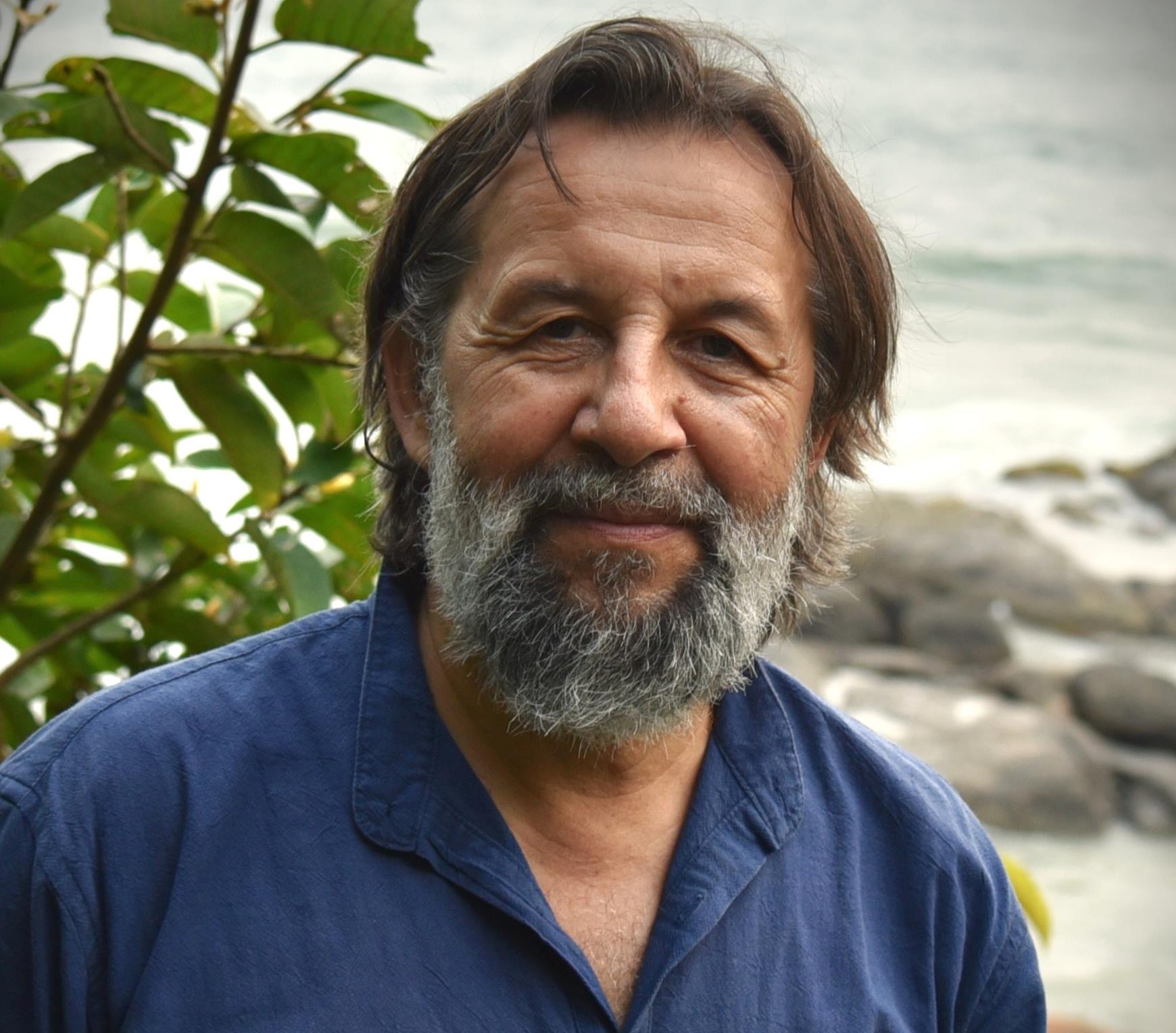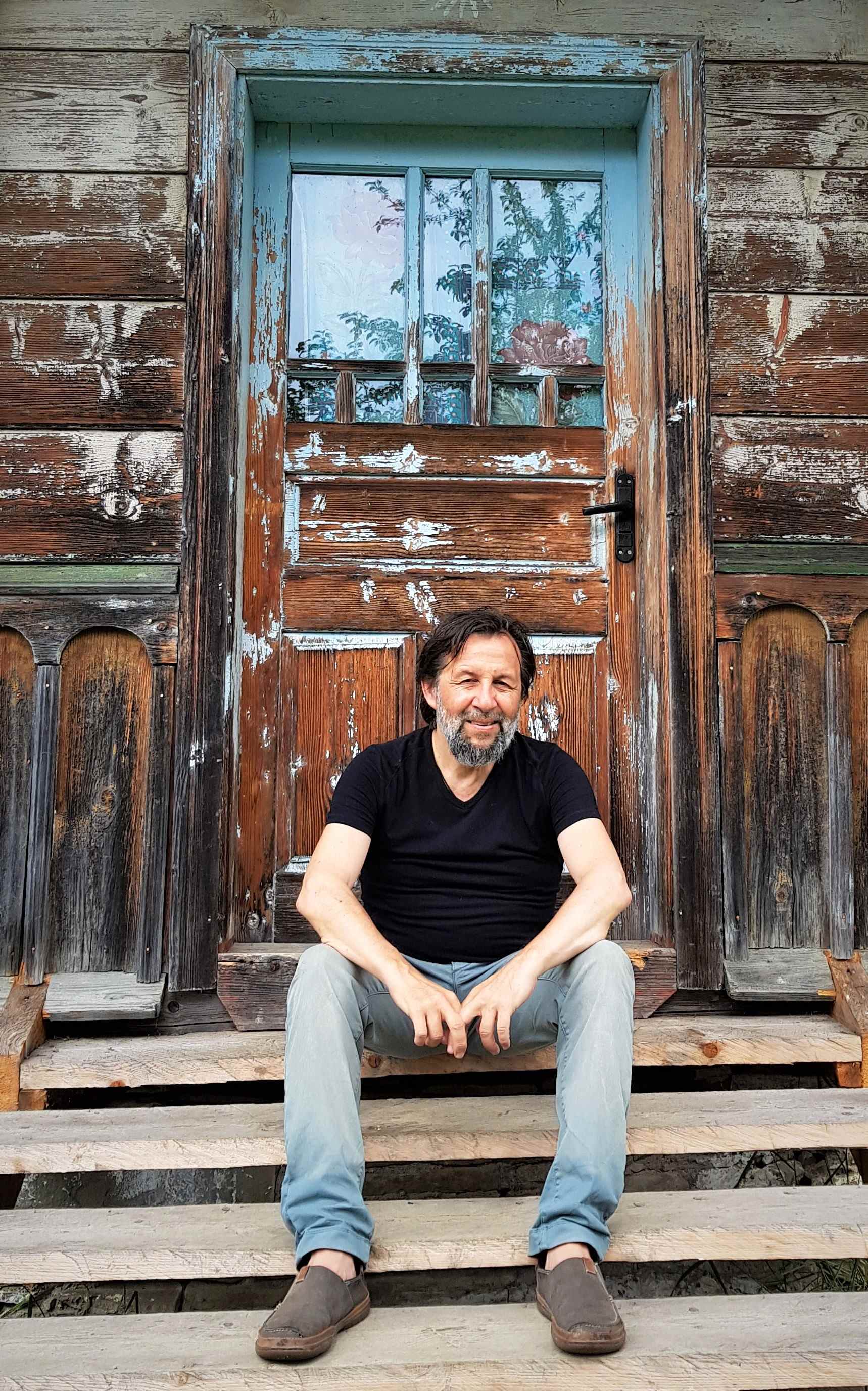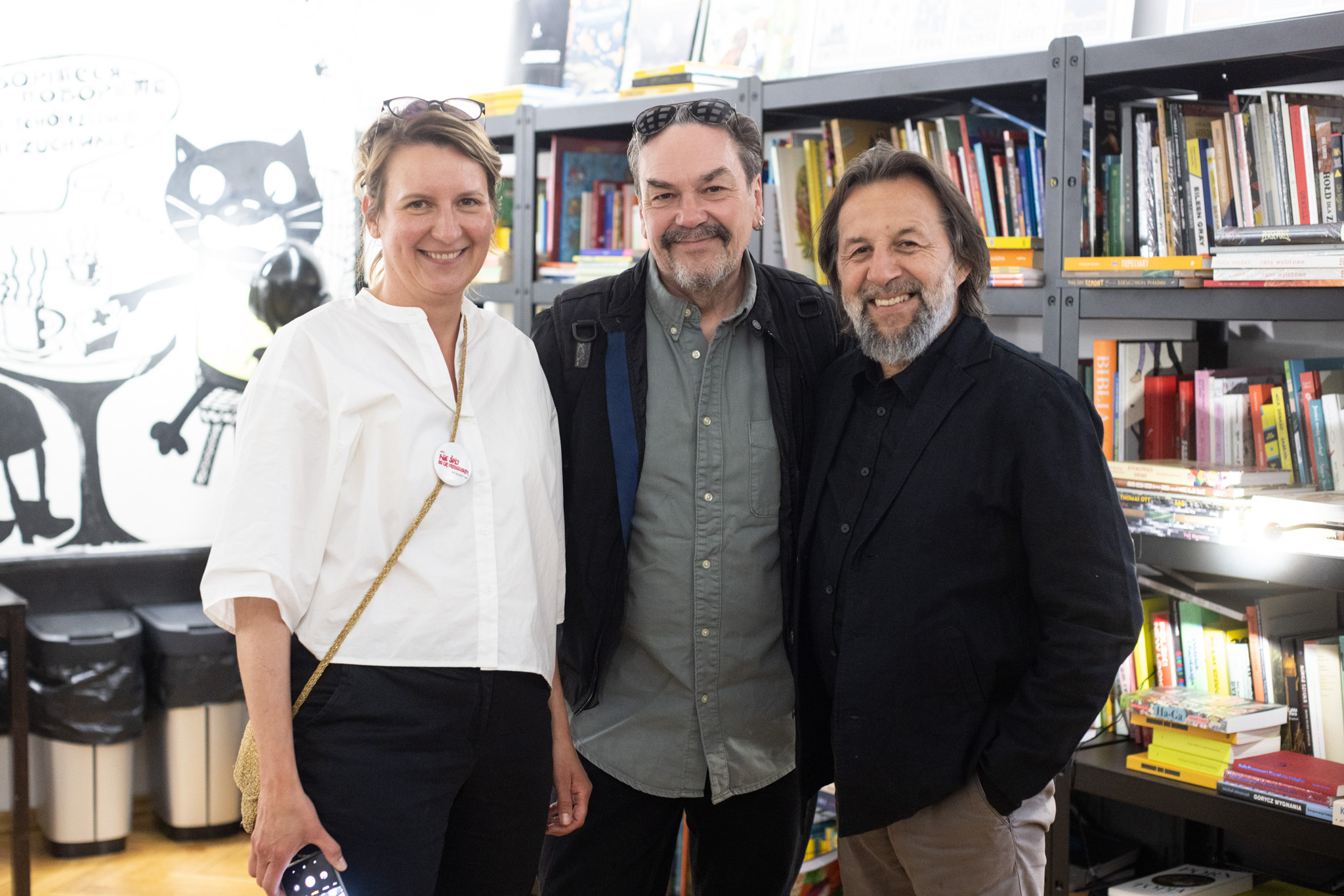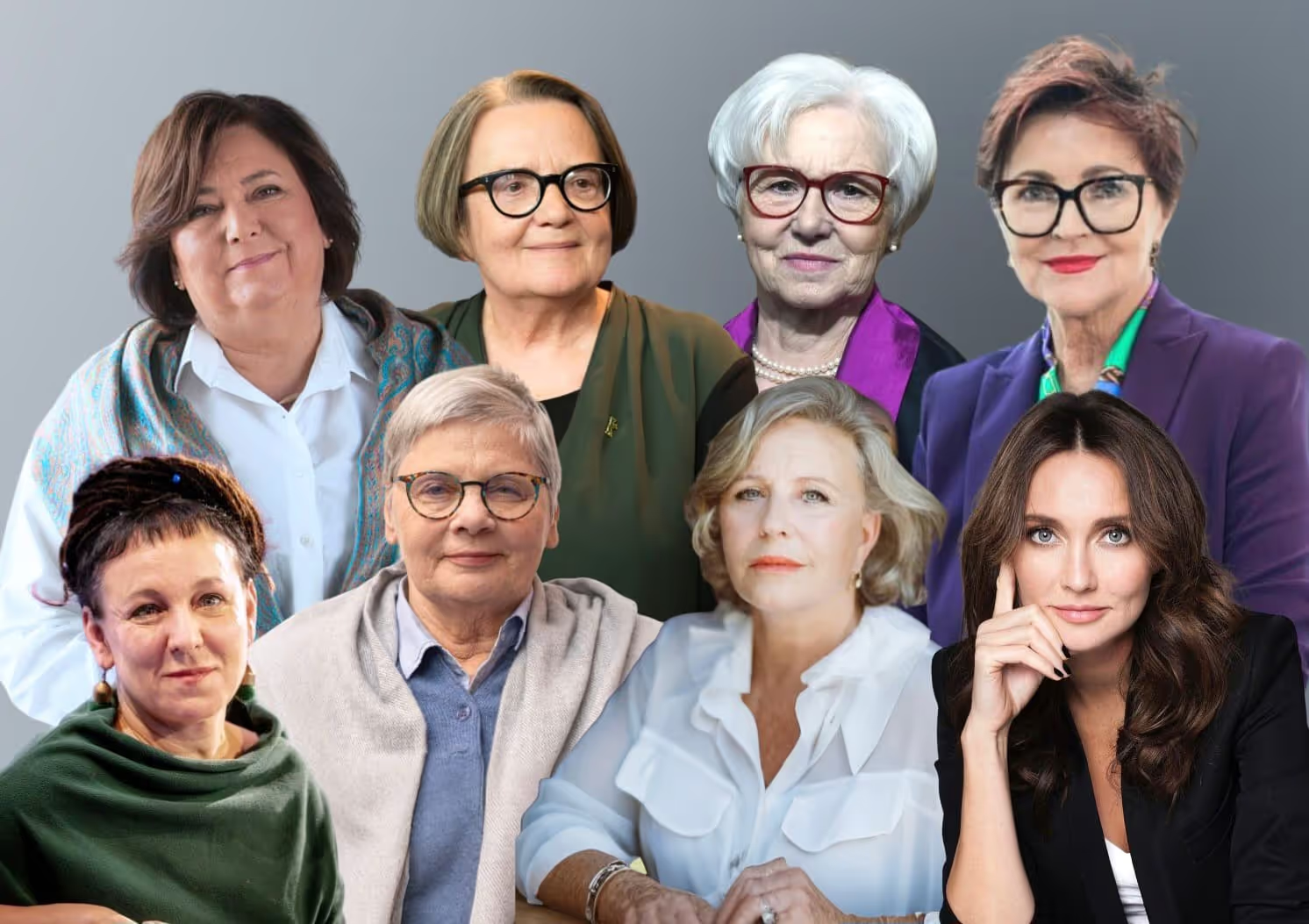Support Sestry
Even a small contribution to real journalism helps strengthen democracy. Join us, and together we will tell the world the inspiring stories of people fighting for freedom!
This conversation between a Russian occupier and his wife was intercepted by Ukrainian intelligence on May 7th 2022. A fragment of the dialogue became part of the film by Ukrainian director Oksana Karpovych titled Intercepted (or in the Ukrainian version «Мирні люди» (Peaceful people)), which premiered at the Berlinale in late February. The film received a special mention from the ecumenical jury in the Forum section, a commendation from Amnesty International’s jury, and was one of the most discussed films at the festival. The film also won top awards at WATCH DOCS 2024 and international film festivals in Krakow and Hong Kong.
European viewers were shocked by the conversations of Russian soldiers describing to their wives and mothers how they enjoyed torturing and shooting people. Equally striking was the reaction of the women, who, in a mundane tone, asked for details and even endorsed the horrific crimes - some even urged their husbands to rape Ukrainian women and speculated on how they themselves would torture Ukrainian children. Against the backdrop of these recordings, the destruction and chaos left by the Russians in Ukraine are shown. Director Oksana Karpovych describes the film as a «collocation of two realities»: the reality of Ukrainians experiencing the war and the reality of Russians waging it.

Excerpts of intercepted conversations were published throughout 2022 on the official websites of the SBU and GUR of Ukraine. Ukrainian journalist and activist Yulia Nikitina, who collaborated with director Oksana Karpovych during the film’s creation, personally collected, transcribed, and systematised over 500 such recordings. They became part of an online «Citizen's Encyclopaedia» created by Yulia.
- Transcribing the interceptions was not easy for me: after hearing what I did, it took me a long time to recover, - Yulia Nikitina tells Sestry. - I understand the shock of European viewers - the scenes in the film must have completely shifted gears in their perception of what is happening.
Many people in Europe are convinced that Putin alone is responsible for the war. And then they hear Russian soldiers talking about how they enjoy killing civilians. Meanwhile, the mothers and wives of these soldiers endorse their actions and ask them to bring back items from the Ukrainians they have killed.
I would like foreign journalists to use the materials from the encyclopaedia as often as possible, as it contains all the intercepted conversations from 2022 - these are pieces of evidence that will help many people in other countries open their eyes to what is happening in Russia. When Oksana Karpovych contacted me while working on the film, I sped up the transcriptions to assist her.
«I would cut off these children's ears every day, one by one, a finger at a time»...
The most horrifying recordings (some of which were included in the film) are gathered in the section «Executioners of Ukraine». Many of these Russians were identified by Ukrainian special services, so their surnames and even photographs are included in the encyclopaedia.
For example, there is a woman who, in one recording, tells her husband that she would personally torture children. She worked in a children's hospital (!), where small Ukrainian children abducted by the Russians were brought.
Russians Julia and Volodymyr Kopytov are featured in the intercepted recording published on May 11th 2022, where Julia tells her husband:
«You know, these children are telling our children that May 9th «is not our holiday». These children, our children at school, are saying it. And you know, they will grow up, and it will continue like that... Why does Putin say, «All of you, go to Russia?» These idiots... They should have been killed right there and then».
- You are so kind.
- I would have injected them with drugs, looked them in the eyes and said: «Die». I would have cut off their genitals, carved stars into their backs, and cut off an ear every day, a finger too, just to make it painful for them.
- But they are children, Julia.
- I simply hate these Ukrainians, Volodya, now I hate them even more. I would have shot even those children».

- The reactions of women are, in many cases, even more horrifying than what their husbands describe, - notes Yulia Nikitina. - A husband says he killed a woman in front of her children, and the wife approves. Another occupier's wife herself urges her husband to rape Ukrainian women: «Go on, rape those Ukrainian women, I allow it» (this conversation between Russian soldier Roman Bykovskyi and his wife Olga was intercepted on April 12th 2022. - Author). The willingness to normalise any atrocity, as long as you are on the same side as those committing it, is striking.
Another topic is the mothers of Russian soldiers. Devout women, who talk about attending church, urge their sons «to kill more Ukrainians». Other mothers are completely indifferent. In one recording, an occupier complains to his mother about the frontline situation - telling her that commanders are sending soldiers «to the slaughter», that soldiers try to escape at the first opportunity. To which the mother tells him to stay until the end, convincing him that he is «atoning for his past life, in which he betrayed the homeland». It does not seem to bother her that her son might die.
«You can make 21 roses on a man's body»
The main figures in the intercepted conversation from May 3rd 2022 are Russian soldier Konstantin Solovyov and his mother Tatyana from Kaliningrad Oblast. Konstantin, serving in the 11th Army Corps of the Baltic Fleet and stationed in Kharkiv Oblast, tells his mother:
«In front of my eyes, basically (and I participated in it too), prisoners were tortured. By the FSB officers. Do you know what a «rose» is? You can make 21 roses on a man's body. Twenty fingers and, pardon me, the genitalia. Have you seen how a rose unfolds and opens? The same way, the skin is peeled off along the bones with flesh, and then all the fingers... The same is done there... Or another torture method, I forgot its name - they insert a pipe into the anus and push barbed wire into it... This barbed wire method is said to be from Chechnya... I do not feel even a bit of pity... I enjoy it so much».
The mother of the torturer, who at the beginning of the conversation talks about visiting churches and praying for her son, calmly listens and says: «I always told you that I still restrain myself. If I were there, I would enjoy it too. We are the same, you and I».

- It is worth noting that sometimes (very rarely) there were sane people on the recordings who were shocked by what was happening, - says Yulia Nikitina. - In the encyclopaedia, I called this section «Glimpses of Conscience». It is the shortest section - because, unfortunately, there are few glimpses.
For example, there is a conversation between a Russian soldier and a woman, either his former classmate or childhood friend. He calls her from the frontline and tells her what he is doing in Ukraine. The woman, horrified, asks: «You are doing what?!» She asks him never to call her again. To which the occupier promises to «return and straighten her out».
European viewers have reportedly questioned the authenticity of the recordings.
As someone who personally transcribed these conversations, I can say with absolute certainty that they are genuine. There are things that simply cannot be acted - such as accents and regional dialects
For instance, the language used by representatives of the so-called «L/DPR» is unmistakable due to their characteristic «ponyal» at the end of every sentence. Occupiers from the Far East have very distinctive accents. Depending on the date and region where the Russians were located, the recordings reveal how their mood shifted - from euphoria in the Kyiv region, when they looted wealthy homes, to panic during the liberation of Kharkiv and Kherson regions by Ukrainian Armed Forces. In these later recordings, the occupiers complain to their relatives about sleeping in puddles, being sent to their deaths by commanders, and the state failing to pay the promised money.
«Imagine how they lived? And how we live, damn it»...
Intercepted on March 30th 2022. Kyiv region. Russian soldier Andrey calls his wife to tell her he has «stolen some cosmetics» and «women's trainers, branded, size 38…».
His wife is delighted: «All for the house, all for the family… It will be a souvenir from Ukraine, totally fine. What Russian does not nick something, right!». She plans to give the trainers to their daughter and justifies the looting: «They will be for Sofia! I am sure all the guys have taken stuff, not just you!»
The man worries that he does not have a bag, which prevents him from stealing a laptop as well. His wife insists: «Sofia needs a laptop for her studies too, damn it». The man reports that the family he is robbing is «sporty», so he «took vitamins, sports vests and shorts».
«Take everything, Andrey. Whatever you can - take it. Imagine how they lived? And how we live, damn it…»

- It was important for me to document every recording - with the date of interception and the occupiers’ locations, - says Yulia Nikitina. - The purpose of the encyclopaedia is to collect only reliable and verified data. I created it even before the full-scale invasion, and initially, it was a reference guide about Kyiv, including dossiers on Kyiv City Council deputies, details about green space disputes and other issues. When the full-scale war began, I decided to document the interceptions. In the media, such information quickly gets lost in the news feed. But in the reference guide, it is always easy to find. Soon, I plan to start transcribing interceptions from 2023.
Reflecting on the causes of the Russians’ cruelty (both soldiers and their families), Yulia Nikitina says:
- I believe it is the result of the degradation of several generations.
I think the mothers of the occupiers are the key to understanding this phenomenon
Most of them are apathetic, speak slowly, and whatever their sons tell them - whether it is about torturing someone or their imminent death - the mothers seem unbothered. It is as if they were asleep.
It is evident that such a mother raised her child in this state - without trying to teach or protect them. All her life, this woman believes she is a small person, with no agency. She does not want to change anything and sees no point in doing so - willing to blindly accept anything. If the television says the «special operation» is justified, she agrees.
Inhuman actions by humans
Director Oksana Karpovych revealed at the Berlin Film Festival that she lived in Canada for nine years but returned to Ukraine three weeks before the full-scale invasion, witnessing events in Kyiv firsthand. The idea for the film emerged after she listened to the first excerpts of intercepted conversations published by Ukrainian intelligence.
The director shared that during the film’s production, she wanted access to even more intercepted recordings that had not been published. However, they remain classified by the Security Service of Ukraine.
«The cognitive dissonance arises from the fact that Russian occupiers are human, but their actions are inhumane, - Karpovych quotes the German publication Arsenal. - To show this inhumanity, I had to show humanity. This principle guided my choice of interceptions. I searched for conversations about everyday life that portrayed Russian soldiers as ordinary people, relatable to anyone anywhere in the world. This helps illustrate the stages of degradation through which Russians have passed».
The degradation of Russian society, according to Oksana Karpovych, is the result of a long-term strategy by the Russian government.
Psychologists also attribute the atrocities committed by Russians to propaganda.
- What we hear on intercepted recordings is undoubtedly the result of propaganda: for the last several decades, Russians have been told via television screens that threats stem from Western countries (and later from Ukraine), - explains forensic psychology expert Yuriy Irkhin of the Kyiv Research Institute of Forensic Examinations. - Simultaneously, the cult of victory over Nazism (which has transformed into a true obsession) and the cult of war - the readiness to fight against a mythical threat «to avoid war» - were being propagated. For this idea, Russian women are willing to sacrifice even their husbands and sons. In some recordings, they explicitly say: «Die, but save us from this Nazism».

However, I would not describe Russians purely as victims of propaganda. Those who wish to think and analyse do so. When you enter a restaurant, you can choose your dish or eat whatever is served, regardless of its quality. The same applies to information - people always have a choice about what they consume. Unfortunately, most Russians prefer to consume what is given to them - it is easier that way. And we see how this leads to moral degradation and moral deformity.
For a mentally healthy person, it is inconceivable how individuals can be so cruel. This is why people in European countries question whether the intercepted recordings are genuine, as what they hear defies common sense.
As a forensic psychology expert, I have listened to numerous intercepted recordings of occupiers’ conversations, and even investigators have asked me whether there is any hidden meaning in the occupiers’ words. But no, the meanings are quite straightforward. They mean exactly what they say. Most of these conversations are very primitive. There are recordings where women, listening to their husbands describe torture, clearly experience real ecstasy.
This is a specific type of person inclined towards violence. This is why the husbands of these women joined the so-called «special operation». I work with Russian prisoners of war and can say that many among them share this disposition. They joined this war to fulfil their animalistic instinct, their desire to dominate and rape. Such beasts are primarily sent to the frontlines in the Russian army, where they are instructed: «Kill all Ukrainians without exception. Destroy everything. We are building a new world here». And they destroy. The wives and mothers of these beasts are mostly the same.
Certainly, there are exceptions.
From my experience, out of every 60 occupiers, there are approximately two soldiers who did not want to kill and even tried to stop others. But two out of sixty is extremely few
Besides the true beasts, there are many who joined the «special operation» with the aim of getting rich. These are the ones who looted homes, taking everything from valuables to toilets. There are recordings where their wives give «helpful advice» - suggesting they look for money in bedding or the freezer. This is also a specific type of person: in these cases too, the wives and their husbands are the same.
- The war that the Putin regime unleashed against Ukraine would have been psychologically and physically impossible without Ukrainians being entirely dehumanised in the Russian collective consciousness, - comments social psychologist Svitlana Chunikhina for Sestry. - Before setting the goals of «denazification» and «demilitarisation» of Ukraine, Russian propaganda carried out extensive work to dehumanise its citizens.
We observe that this dehumanisation is even more characteristic of Russia’s civilian population (such as the mothers) than of combatants, who see the situation up close and can understand that on the other side of the front line are people, not mythical Nazis.
Commenting on the behaviour of the mothers of Russian soldiers, many of whom are indifferent even to the fate of their own sons, Svitlana Chunikhina says:
- Among the values of Russians, the value of human life is not, to put it mildly, a priority. Historically, they have been shaped to consider the honour of the state as superior to any human need. The powerful influence of propaganda over the past ten years has led to politics being widely perceived by Russians as a supreme value. Even natural maternal feelings are completely distorted through this warped perspective.
Another reason for the mothers’ unnatural indifference could be the terror that Russians feel towards their own regime. This terror is so intense that it becomes unbearable. Thus, by repressing these intolerable feelings into the unconscious, the women exhibit extreme indifference towards their own children.
Russian society is undoubtedly afflicted and infected by propaganda. Most Russians possess an imperial consciousness and view neighbouring peoples as less significant, less valuable, and obligated to submit. However, without the powerful influence of propaganda and the grotesque transformation of the Putin regime into outright dictatorship, Russian society would likely not have approved, let alone initiated, this war.

A Ukrainian journalist with 15 years of experience. She worked as a special correspondent for the national Ukrainian newspaper «Facts», covering emergencies, high-profile court cases and writing about prominent people, as well as the lives and education of Ukrainians abroad. She has also collaborated with a number of international media outlets.























